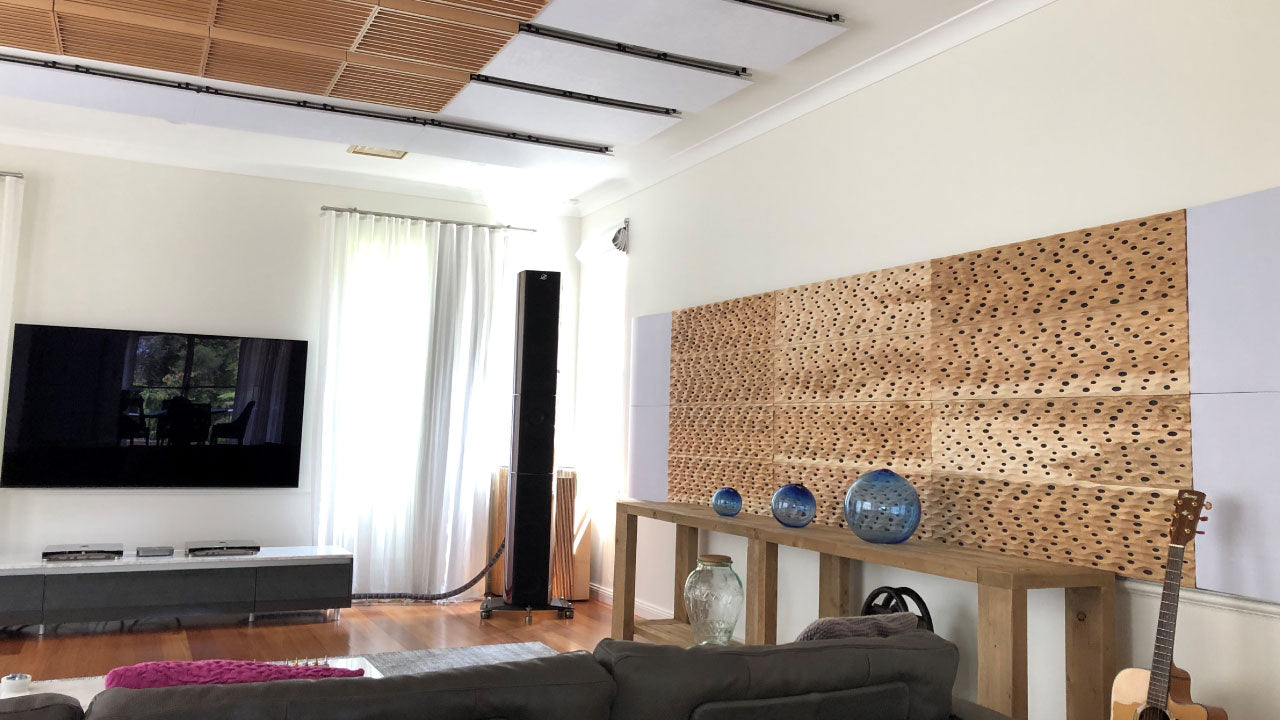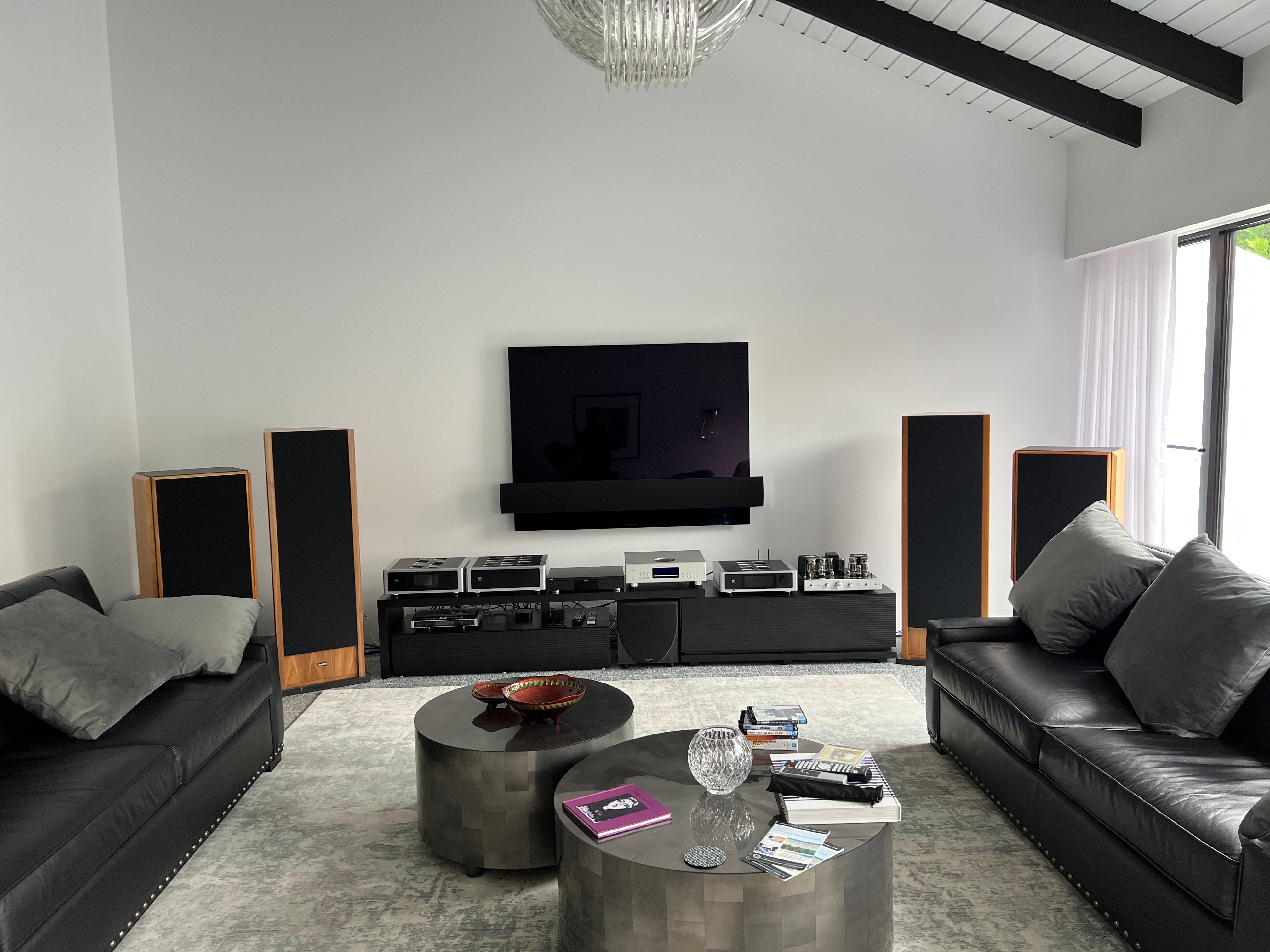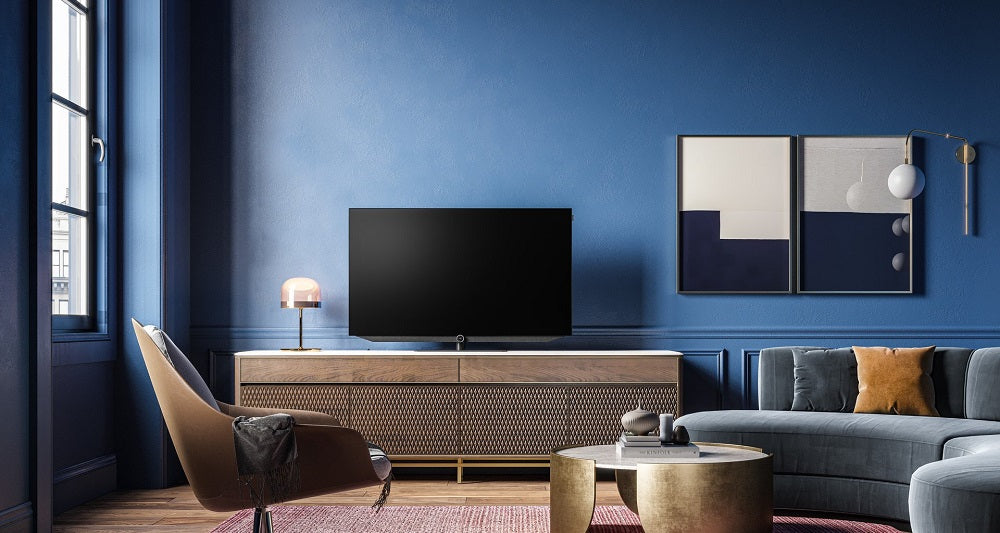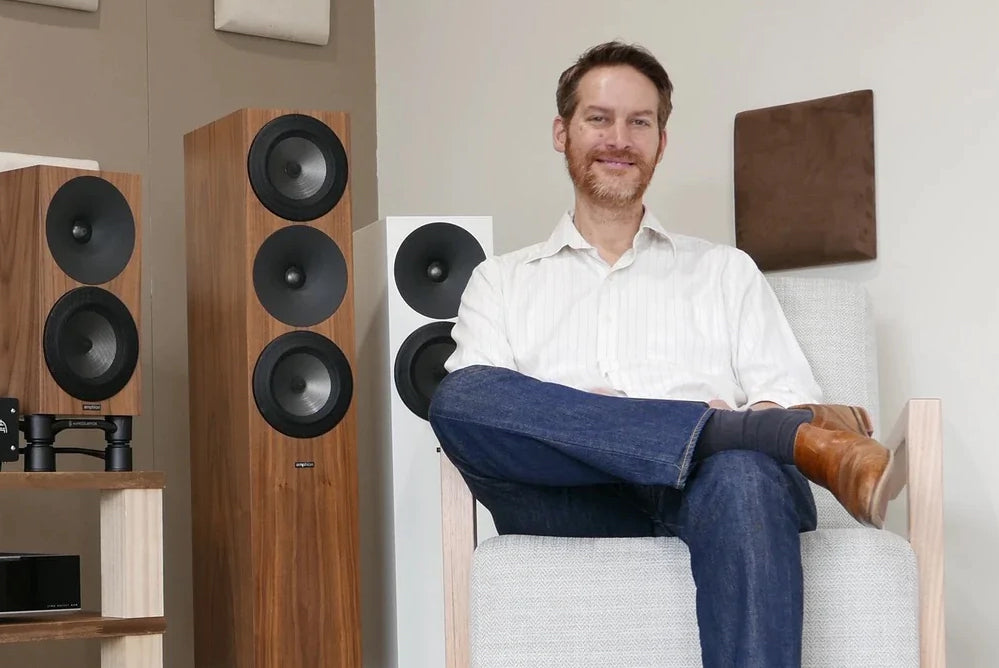
Improve the room - Improve the sound
How sound behaves in space.
The difference between treated and untreated sound
Our perception of sound is a result of the interaction of multiple sound waves, that reflect over our environment, and interaction between sound waves themselves.
When we hear a sound in a room, the first wave that reaches you is the direct wave. As the name indicates, this wave has not interacted with the room, as it is directly from the emission source. Next, you will hear the first reflections, that normally only reflect once. We call this a first order reflection. Then, we perceive other reflections that are the result of numerous reflection from multiple surfaces. These reflection can be 2nd, 3rd or 4th orders, depending on the damping materials of the room.
The air velocity of sound is 344 m/s. The reflected waves travel a longer path, taking longer to reach the listener. This can create an echo effect, in which we perceive two distinct sounds, caused by a time distinction of over 80ms.

Reverberation time is our indicator of sound decay in the room. By definition, it’s the necessary time for sound energy to decrease by 60dB.
The acoustic quality of a space is dependant of various factors: It can be related to the homogeneousity and non-homogeneousity of the sound field, and the quantity of energy in the room. These factores are engineered in accordance with the purpose of the room.
At HeyNow Hi-Fi I have have many ways of improving acoustics. Absorption, where we remove energy from the room, reducing or eliminating reflections, or through diffusion, where we scatter incoming waves, distributing their energy over a larger area.

Style and substance
Gone are the days of egg cartons on the walls to create a better sound in the room, these days i offer a multitude of beautiful room acoustic treatments that appear as wall art and can fit into contemporary and classic living spaces while vastly improving your sound.
Sound Proofing vs Acoustic treatment
Soundproofing
Isolating sound
Sound can be suppressed form traveling through space by means of barriers.
This will create soundproof environments.
This is soundproofing

Quality
Optimising sound
Sound in an environment is a result of bouncing reflections. The way sound interacts with space can be shaped in order to offer a better perception of sound to the listener.
This is sound quality and acoustic room treatment

An example of the difference is:
I sound proofed my showroom to prevent my neighbours for hearing my speakers and cinema, sound proofing is structural while room treatment is decorative
I treated the walls with acoustic absorbers and diffusers to improve the listening experience and soundstage in my listening area. The result is very noticable and a great upgrade to any system.
A major benefit of treating a room is that general sound quality of conversation improves, there’s less noise in the space and you can hear both the music and talk without strain.
HeyNow Hi-Fi offers solutions in both sound-proofing and acoustic treatment, I can improve your listening experience as well as isolate your listening room from the rest of the house or neighbours.
The educational text was provided by artnovion- world leader in room acoustic treatment for home and business






